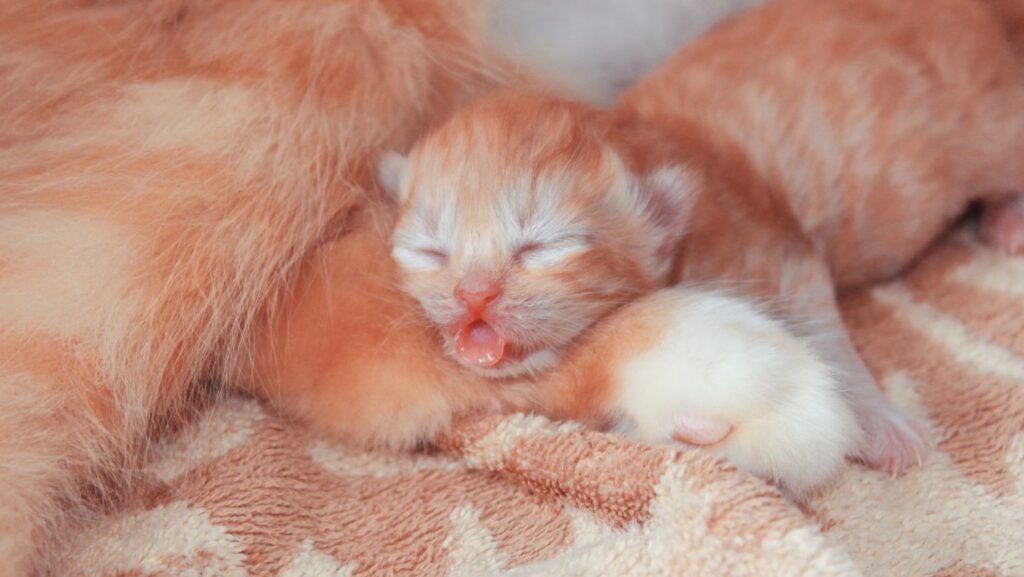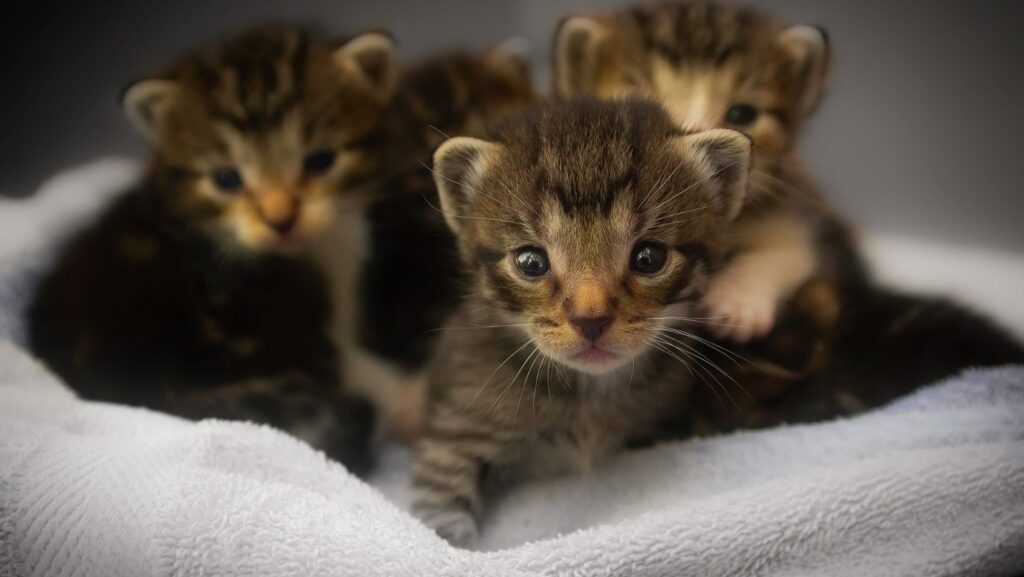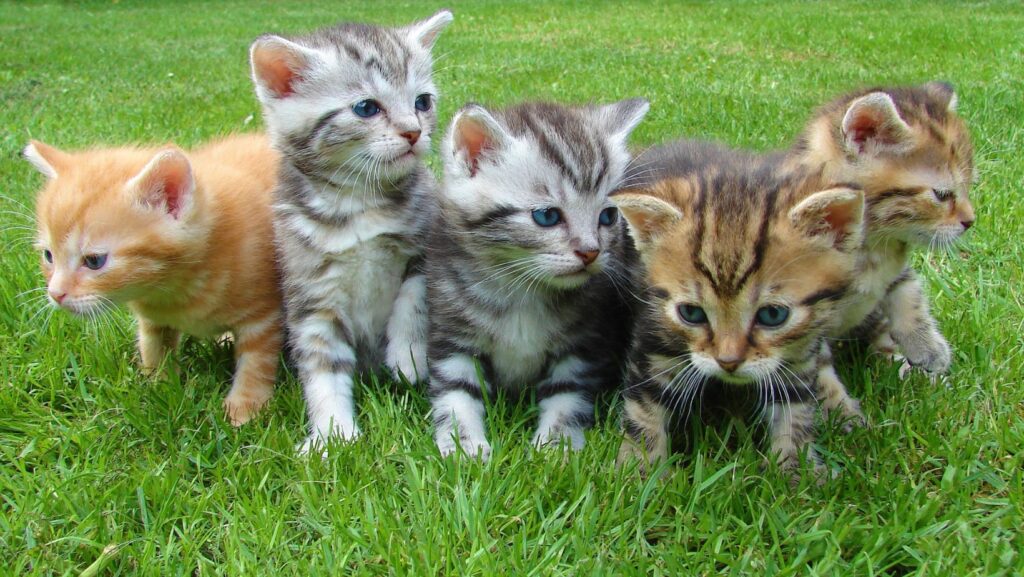Baby:8umu_v53hiy= Cats

Few creatures capture the heart quite like baby cats. With their tiny paws, curious eyes, and playful antics, these little furballs bring joy and warmth to any household. Known for their boundless energy and endearing clumsiness, baby cats, or kittens, are a source of endless entertainment and affection.
As these adorable companions grow and explore, they embark on a journey of discovery and learning. From developing their hunting instincts to mastering the art of the purr, each stage of kittenhood is filled with fascinating milestones. Understanding their unique needs and behaviors is essential for nurturing their development and ensuring they thrive.
Whether you’re a seasoned cat owner or considering adopting your first kitten, delving into the world of baby cats offers insights into their charming personalities and the care they require. Embrace the delightful chaos they bring and discover the joy of raising a happy, healthy feline friend.
The Adorable World Of Baby Cats

Baby cats captivate with their endearing expressions and curious antics. Known for their soft fur and bright eyes, kittens effortlessly charm people. They embody a playful spirit, exploring their surroundings with enthusiasm during their early weeks. Every leap and pounce showcases their developing agility and instincts.
Kittens frequently demonstrate social behaviors with both humans and other animals. Their tendency to snuggle up or seek warmth highlights their affectionate nature. These interactions play a crucial role in their emotional development. A nurturing environment ensures they grow into confident and well-adjusted adult cats.
Understanding their dietary and health needs is vital for fostering healthy growth. Balanced nutrition supports their rapid development. Regular veterinary check-ups help monitor their wellbeing and prevent potential issues. Engaging toys and safe spaces encourage physical activity, aiding in muscle and coordination development.
Overall, baby cats offer endless joy through their innocence and exploration. Their presence can transform a home, inviting laughter and companionship. These early stages in a kitten’s life lay the foundation for strong bonds and lifelong memories with their human families.
Understanding Baby Cats
Baby cats, also known as kittens, captivate attention with their unique traits and behaviors. Understanding these elements helps in providing the best care and nurturing environment.
Physical Characteristics
Kittens are known for their small size, soft fur, and bright, inquisitive eyes. During the early weeks, they undergo rapid physical changes, growing stronger and more coordinated. Their teeth start to emerge, and they begin to develop the distinctive coat patterns seen in adult cats. The paws are particularly sensitive, aiding in exploration. The short whiskers help them navigate their immediate environment, playing a vital role in spatial awareness.
Typical Behaviors
Kittens exhibit animated behaviors, exploring their surroundings with boundless curiosity. They engage in pouncing, climbing, and playing, all of which are crucial for developing motor skills. Socially, they form bonds through grooming, playing with littermates, and seeking attention from humans. Purring and mewing are common vocalizations, signaling different emotions or needs. During play, they practice stalking and hunting, refining these innate instincts. Mischief is often evident, as their curiosity leads to investigating every nook and cranny.
Care Tips For Baby Cats
Baby cats, with their adorable expressions and playful behaviors, require specific care to thrive. Providing balanced nutrition, ensuring health, and promoting socialization form essential components of kitten care.

Kittens need a diet rich in proteins, vitamins, and minerals to support rapid growth. Initial feeding involves mother’s milk or a quality kitten formula. At four weeks, they start transitioning to wet kitten food. By six to eight weeks, a balanced mix of wet and dry food is suitable. Frequent small meals, ideally three to four times daily, help maintain energy levels and promote healthy growth.
Regular veterinary check-ups, including vaccinations and deworming, are crucial for kitten health. Monitoring weight gain, dental development, and coat condition helps identify potential health issues early. Fleas and ticks present common threats; employ vet-approved treatments for prevention. Cleanliness in their living environment reduces infection risks and supports overall wellness.
Interaction with humans and other animals aids in forming strong social skills. Gentle handling, starting from an early age, builds trust and reduces fear. Playtime using safe toys develops coordination and mental sharpness. Litter training should begin at three to four weeks, with consistent placement of kittens on the litter box after meals.

